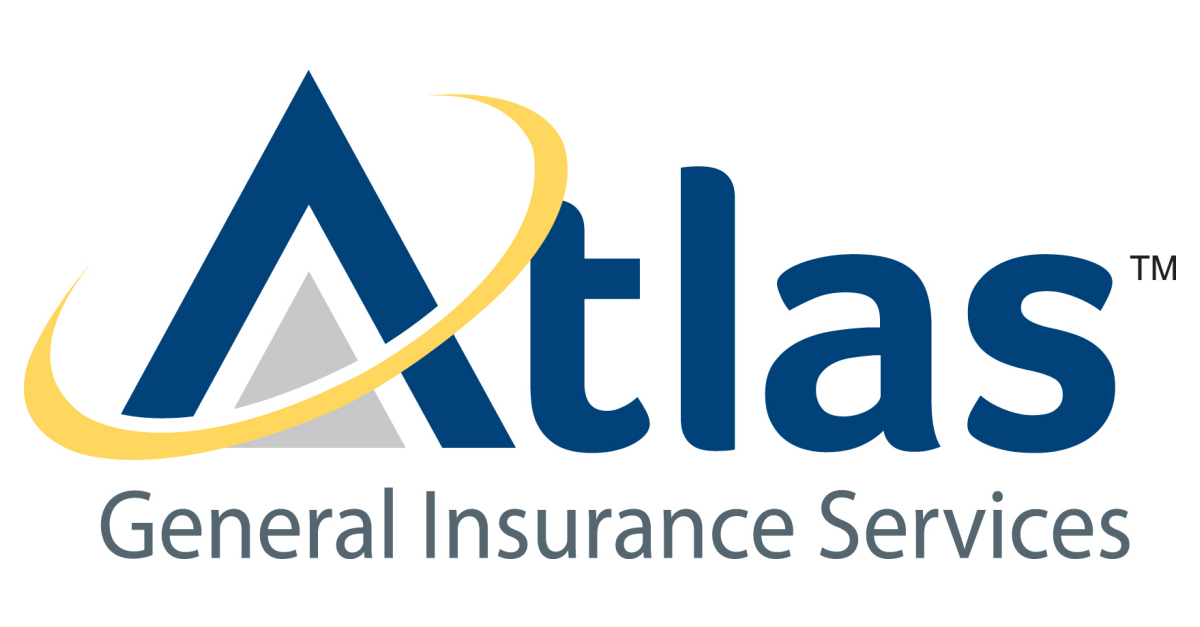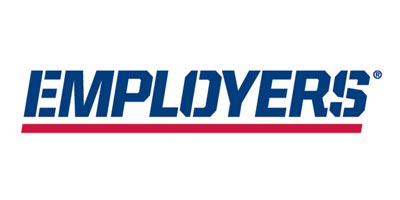Workers Compensation Insurance
Mandatory Coverage
Workers’ compensation insurance covers employees injured on the job or in auto accidents while on business. It also covers work-related illnesses
Most states require employers to purchase insurance if they employ workers who are covered by the state compensation law. Texas is the only state in the U.S. that doesn’t require private employers to purchase workers compensation insurance。A few states require insurance only if a business employs at least a specified number of employees. Examples are New Mexico (three workers) and Alabama (five workers)
 California requires businesses to buy a workers compensation policy even if they employ only one worker. it is a criminal offense not to have workers’ compensation coverage for employees.
California requires businesses to buy a workers compensation policy even if they employ only one worker. it is a criminal offense not to have workers’ compensation coverage for employees.
Section 3700.5 of the CA Labor Code defines failure to have workers’ comp coverage as a misdemeanor, punishable by imprisonment of up to one year in the county jail and/or fines ofnot less than $10,000.
On top of that, the state has the right to penalize illegally uninsured employers up to $100,000.
Finally, If a worker suffers an injury on the job while an employer does not have insurance, the employer is responsible for paying all bills related to the injury. In addition, the employee will have the right to file a personal injury claim against the employer. In California, there is currently no damage cap on personal injury claims.
Coverage Details
Generally, Workers Compensation policy provides 2 parts of Coverages:
Part 1 – it covers employees’ medical bills, care costs, disability benefits/lost wages and death benefits. The amount is set by state law (e.g., Temporary Disability benefits pay an injured employee two-thirds of his/her lost gross wages during recovery up to the state set maximum)
Part2 – It pays for lawsuits related to on-the-job injuries usually filed by a third party or employee’s spouse ( e.g., Spouse sues for loss of consortium or companionship )
Premium Calculation
Workers Compensation Policy cost is calculated based on rate per $100 of employer payroll for each job classifications.
For example, if you are a restaurant and this class has a rate of $7 and If you carry a payroll of $100,000 a year, your base premium will be $7,000. There are also some state mandate assessments adding to the cost, and it’s usually about 4% of the total premium. Finally, you add in the company fees and it will get the total policy cost for your workers compensation insurance.

 中文
中文






